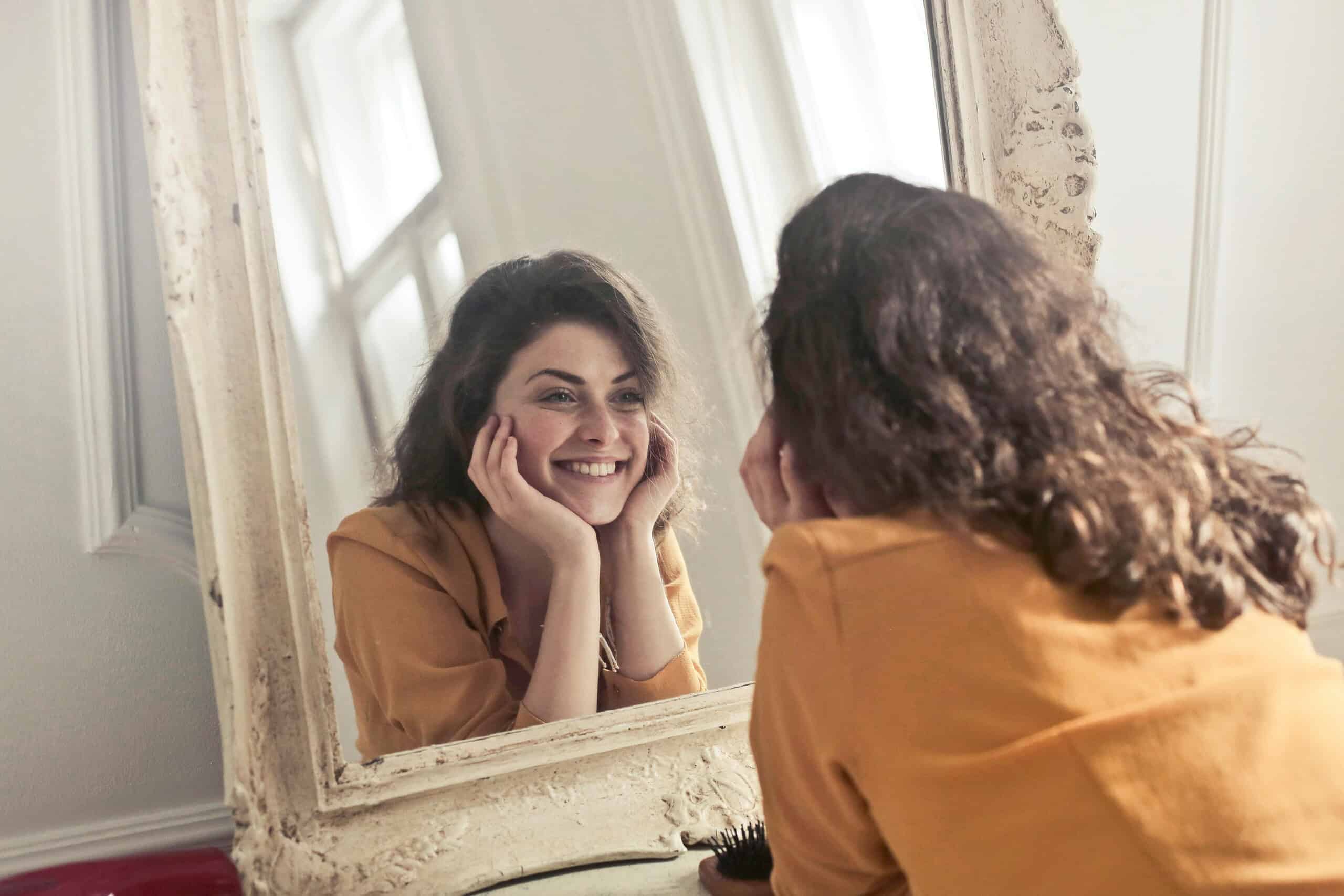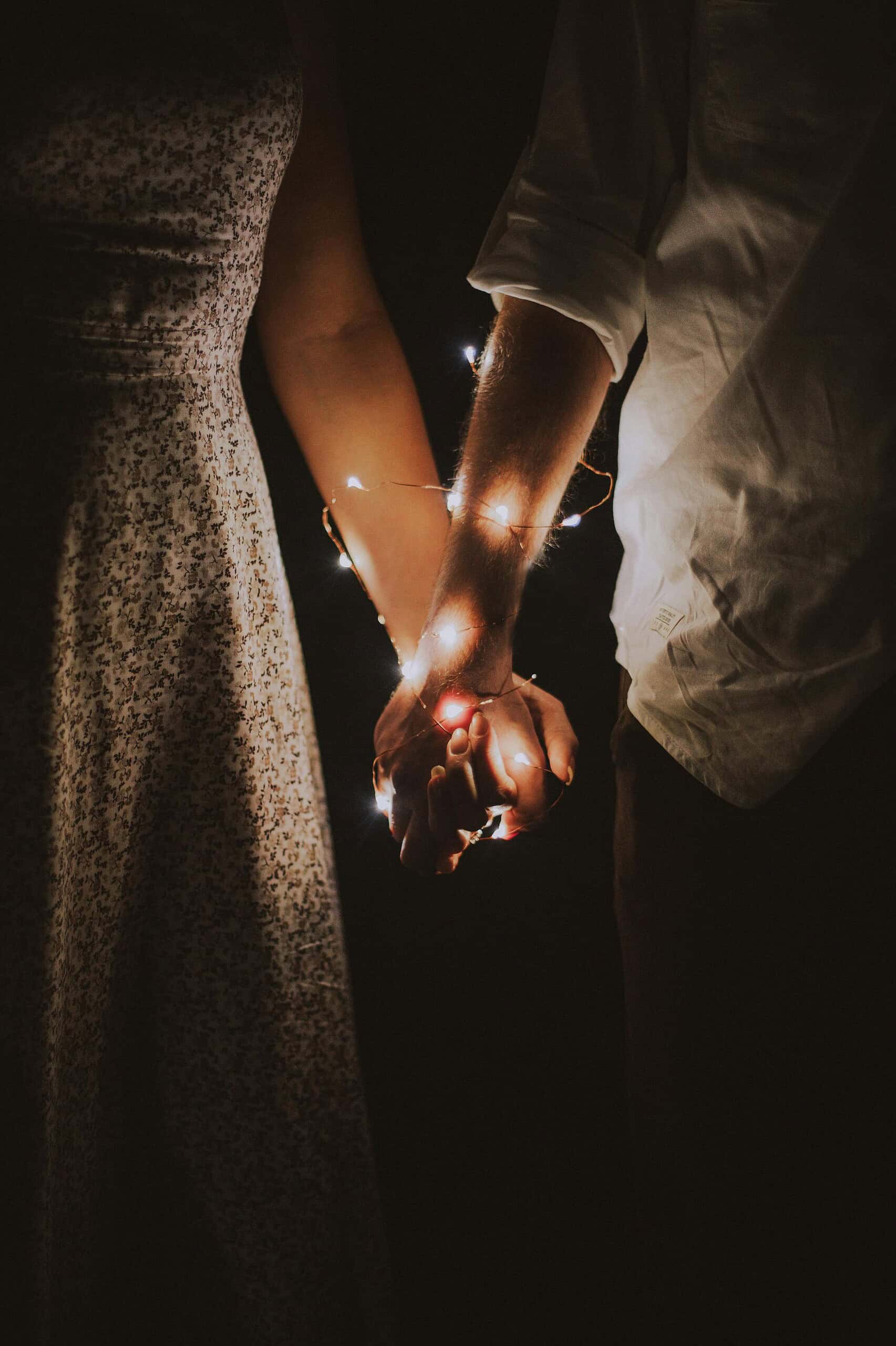During the initial session, your therapist will concentrate on exploring the history of your relationship. The questions posed are crucial, as they offer your couples therapist important perspectives on the foundation of your bond while also encouraging you both to reflect on those early moments of attraction and love. This introspection frequently brings back cherished memories and establishes a positive base for our therapeutic journey moving forward.
- What were the initial qualities or traits that drew you to one another?
As you both engage in conversation, pay attention to how each of you reacts and replies while the other is speaking. This can often highlight varying interpretations of common experiences, shedding light on communication gaps that could be addressed for better understanding. After this exploration, the therapist moves on to pose the next question.
- What led you to select each other?
I often suggest that couples take the initiative to discuss this topic together prior to our initial session. This serves as an early exercise in teamwork and understanding, establishing a constructive atmosphere for the therapeutic journey. Reaching consensus on this issue can be a meaningful early achievement, bringing you closer even before therapy officially starts. However, couples who are experiencing heightened conflict or are stuck in a turbulent cycle of arguments should refrain from this exercise and wait until our first session. In that setting, the therapist can facilitate the conversation, promoting a more effective dialogue without escalating tensions.
- What has prompted you to seek therapy at this time?
If you’re contemplating significant life changes such as marriage or starting a family, you’ll explore how these possible transitions align with your aspirations. The first session of couples therapy lays the groundwork for our collaboration and establishes the atmosphere for a journey focused on understanding, healing, and strengthening your bond.
- What objectives do you have for therapy? In what ways do these goals represent your individual identities within the partnership?
In any relationship, the foundation of connection lies in effective communication. As you advance through couples therapy, a central aspect often involves dissecting and comprehending the distinct ways in which you and your partner express yourselves. This examination is guided by targeted communication questions in couples counselling, which are essential for revealing not only what is being communicated but also how it is conveyed—the tone, style, and emotions that support your words.
One of the initial steps is to recognize how each partner responds to one another. These questions assist in uncovering your expression methods and how you perceive your partner’s communication. This process can highlight any variations in styles or possible misunderstandings. Sample couples therapy questions aimed at identifying communication styles include:
- How do you typically communicate your needs to your partner? Are you someone who actively seeks to address and resolve conflicts immediately, or do you prefer to take some time for yourself before engaging?
- Can you recall any particular instances where your communication styles conflicted or resulted in misunderstandings?
Communication is closely connected to emotions. These questions are designed to help you grasp the emotional backdrop of your exchanges. Considering your emotional responses can provide valuable insights into how these feelings influence communication. Your couple’s counsellor may pose questions such as:
- How at ease do you feel when it comes to sharing your emotions with one another? Are there specific feelings that you tend to suppress or avoid expressing, and if so, what are the reasons behind that? What fears do you have regarding this?
Another important component of communication is attentive listening. This line of inquiry by your therapist initiates a conversation about how well you listen to each other in your relationship. It’s common to discover differences between how one partner views listening and how the other experiences it. Acknowledging and addressing these discrepancies can be an essential step toward building greater understanding and empathy. One question a couple’s therapist might pose to evaluate listening in your relationship is:
- How do you perceive your partner’s response when you share intense emotions such as anger, sadness, or disappointment?
- When you discuss something significant with one another, what are some signs that indicate your partner is truly paying attention?
As you dive in to further into couples therapy, a crucial element that frequently emerges is emotional intimacy. This aspect of therapy seeks to peel back the layers of your emotional experiences and vulnerabilities. The questions posed are intended to foster a nurturing environment in which you and your partner can freely examine and articulate your deeper feelings, fears, and aspirations.
Grasping each other’s emotional needs is fundamental to nurturing emotional intimacy. This insight is crucial for enhancing your emotional connection, as it directs each partner in better fulfilling the other’s emotional requirements. Sample questions might include:
- What are some actions or gestures from your partner that make you feel valued and cherished?
- Is there anything you wish your partner was more emotionally open about sharing with you?”
Past often triggers & hurts, considering that some therapist may also asks the below questions:
- Reflecting on your relationship, can you identify any instances where either of you experienced considerable pain, felt ignored, or were not fully understood?
- Are there any past conflicts or issues that remain unresolved and still need to be discussed, even if they might be difficult to talk about?
Emotional closeness is not just about addressing challenges, but also about creating and celebrating shared experiences and goals. These questions help you to look forward, plan together, and dream together, uniting with a sense of partnership and shared purpose in your relationship. questions you could be asked would be:
- Reflecting on the beginning of your relationship, can you recall particular activities or experiences you both engaged in that enhanced your sense of closeness and connection?
- If we consider conflict as a spectrum ranging from avoidance on one side to aggression on the other, where do you believe each of you typically aligns?
It is essential to strike a good balance between personal aspirations and shared visions. These inquiries promote backing each other’s individual objectives while nurturing a robust, unified partnership. Sometimes, we go through conflict in repeated pattern, considering that, below questions could be asked.
- When you reflect on the conflicts you’ve faced lately, have you observed any common patterns that seem to repeat?
- When you visualize your future together, what key values do you see shaping your life as a couple?
Conclusions:
The true strength of couples counselling lies not just in the questions themselves, but in your mutual willingness to engage in open, honest, and empathetic dialogue. Once you possess these keys, you have the power to open these doors at any moment – be it within the confines of a therapy session or in the everyday interactions of your home life. This journey, taken together, can lead to profound growth and a strengthened bond, transforming challenges into opportunities for deeper connection and understanding.










